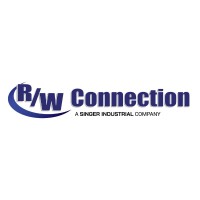
KieTek
Ball transfers & material handling systems. KieTek has been manufacturing ULD material handling systems for the aircargo industry for 18 years and counting. We have since evolved into material handling sytems for industries such as manufacturing, mining, cold storage, cargo & passenger van roller bed conversions. We also just released the first self contained free floating ball mat system. An industry first. Please check us out at www.kietek.com or www.globalspec.com to find out more.






